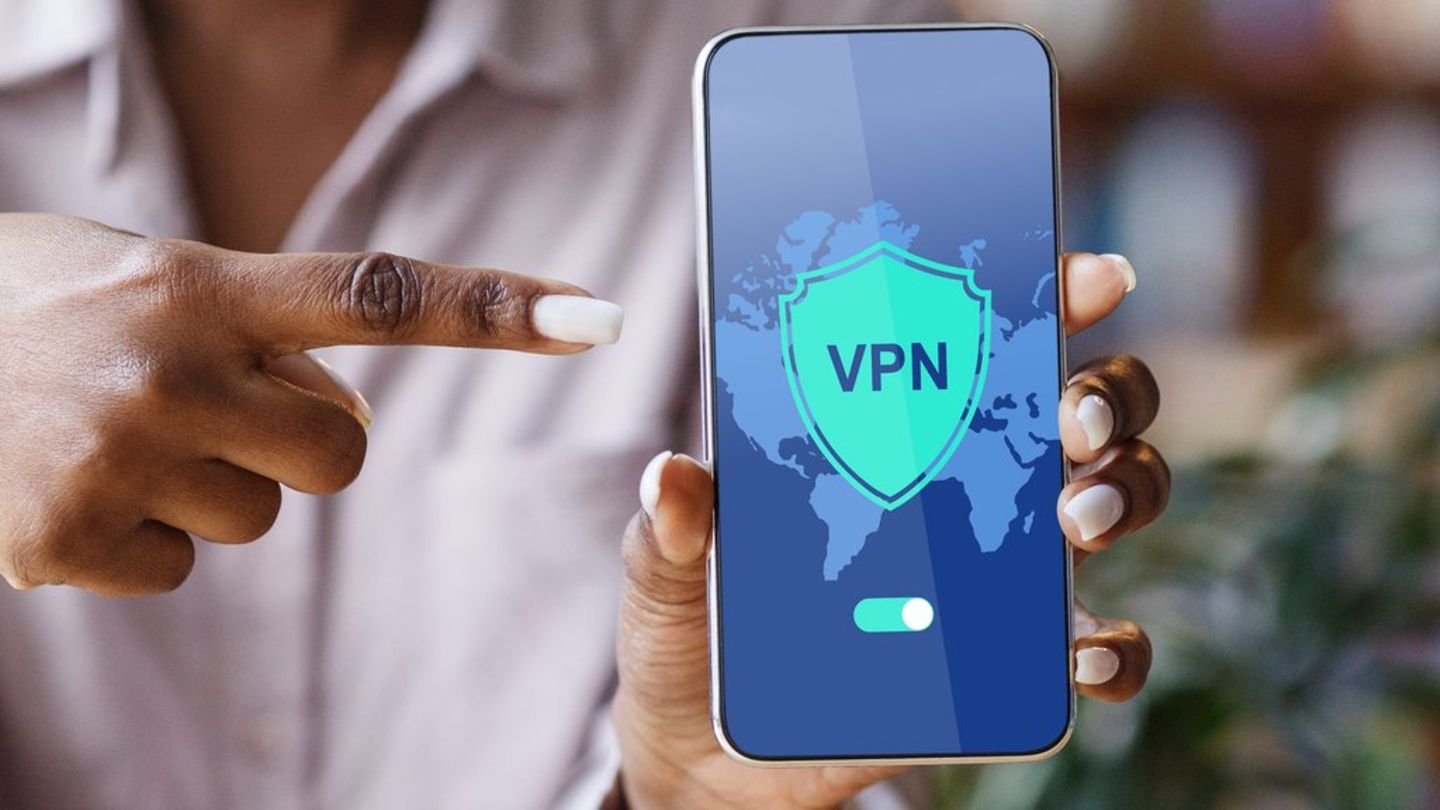Virtual Private Network
What is a VPN and who needs it
VPN clients are available for almost every device, no matter if it is a laptop, computer, smartphone or tablet.
© Prostock-studio / Shutterstock.com
VPN connections ensure security in the network. This is what users need to know about VPNs.
Using a VPN is one of the easiest ways to protect yourself online. Journalists use VPNs for secure communication, for example, and those who don’t want Google and Amazon to be constantly informed of their whereabouts will also find happiness with VPN connections. But be careful: an encrypted connection does not provide any additional protection against viruses and Trojans.
What is a VPN
VPN stands for “Virtual Private Network”, i.e. “Virtual Private Network”. The so-called VPN services make it possible to establish protected connections in the network and also to encrypt your data traffic. Users can imagine everything as a provider tunnel through which all data flows. This makes it difficult for third parties to access this data or trace a user on the Internet.
Who needs a VPN connection?
Anyone connected to the Internet via a VPN connection hides their real location and receives a different IP address than their actual address. For example, users can pretend that they came from another country via a VPN. If you want to invoke a website, everything goes through the service being used, which forwards the data to the user. The visited page does not see its IP address, but the address of the provider’s server.
There is also the possibility of a secure connection: VPN connections are encrypted and simply cannot be viewed. This is useful, for example, in countries where it is not welcome to talk to and provide information to journalists.
VPN services also provide security for users who want to connect to a public WLAN. One method that criminals use is to use these WLANs to get data from the users who use them.
VPNs are also used by some companies. They should, for example, enable employees from the home office or when traveling to access sensitive company data.
How do I use a VPN?
Users connect to the VPN with the help of VPN clients, i.e. software. There are different technical possibilities: you either download a client or use browser-based solutions. Many services offer subscription models that usually cost only a few euros per month. There are also free offers, however, which often have restrictions – including limited data volume or ads.

“Total coffee aficionado. Travel buff. Music ninja. Bacon nerd. Beeraholic.”







More Stories
Researchers detect extremely high-energy gamma rays
Anxiety disorders in old age increase the risk of dementia
Researchers are particularly fascinated by these exoplanets.